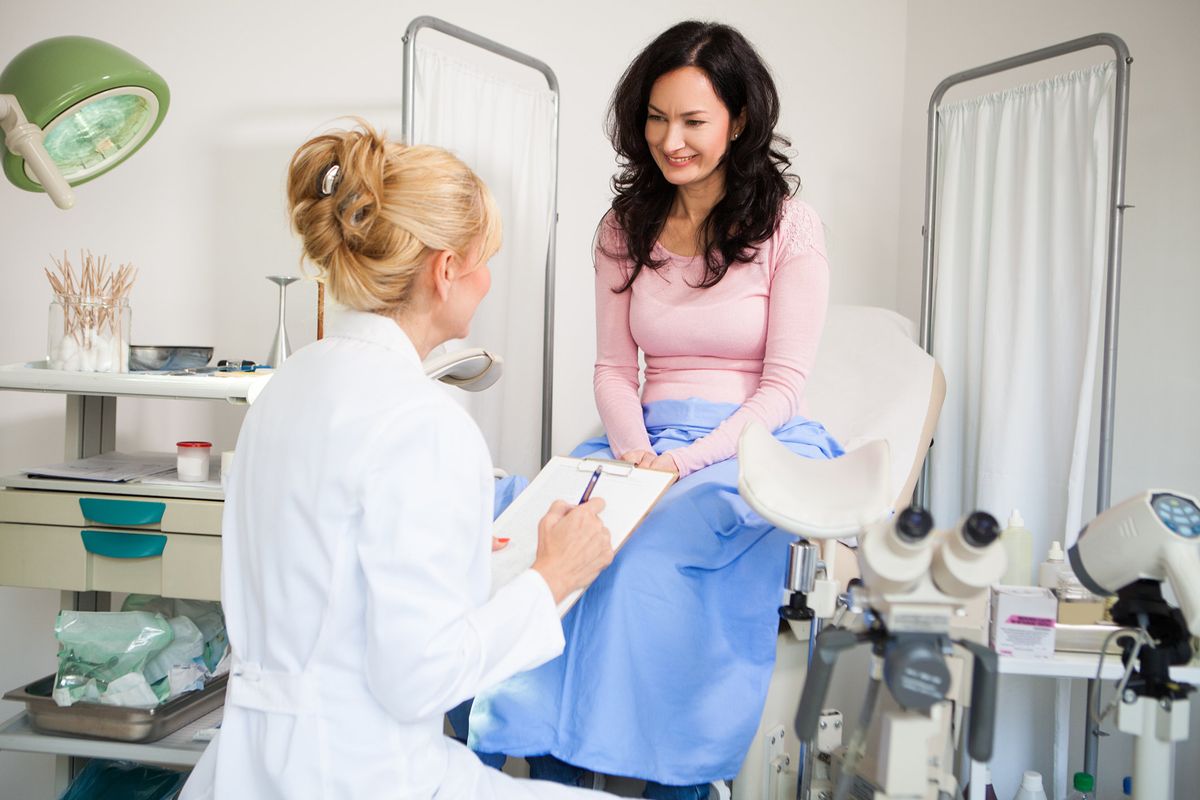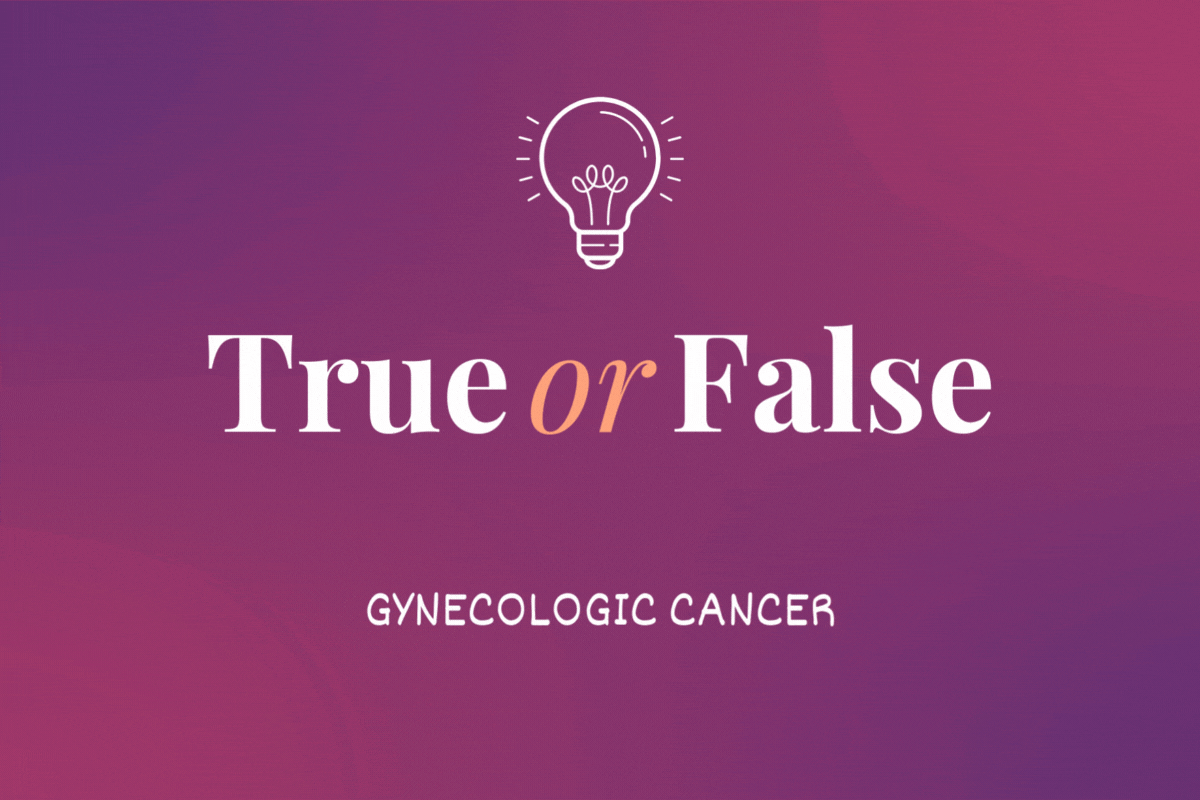Q:
If I have a regular Pap test, do I also need an HPV test? I thought the Pap test covered HPV.
A:
The Pap test, which is a smear of cervical cancer cells examined under a microscope, does not look for HPV. Instead, it identifies changes in cells in the cervix caused by HPV that could eventually lead to cancer. The HPV test uses molecular technology to detect the presence of cancer-causing types of human papillomavirus (HPV) and HPV-related cellular changes.
That's why most major medical organizations recommend that women 30 and older, women whose bodies should have already fought off the virus and who have the highest risk of developing cervical cancer, receive both tests. Up to 25 percent of younger women will test positive for HPV because it is a newly acquired infection, and their bodies' immune systems have not yet fought off the virus. Studies find that the two together identify between 95 and 100 percent of the more serious types of cervical cellular changes, including cancer.
So, if you are 30 and older, you should get an HPV test along with your Pap test. If you're younger than 30, you only need the HPV test if your Pap test is inconclusive or "borderline" for cellular abnormalities.
- HPV, Cervical Cancer and Cervical Cancer Screening: What Do You Need to Know? ›
- Support for PAP and HPV Testing Together Continues to Grow ›
- Stay Healthy With Pap and HPV Tests ›






